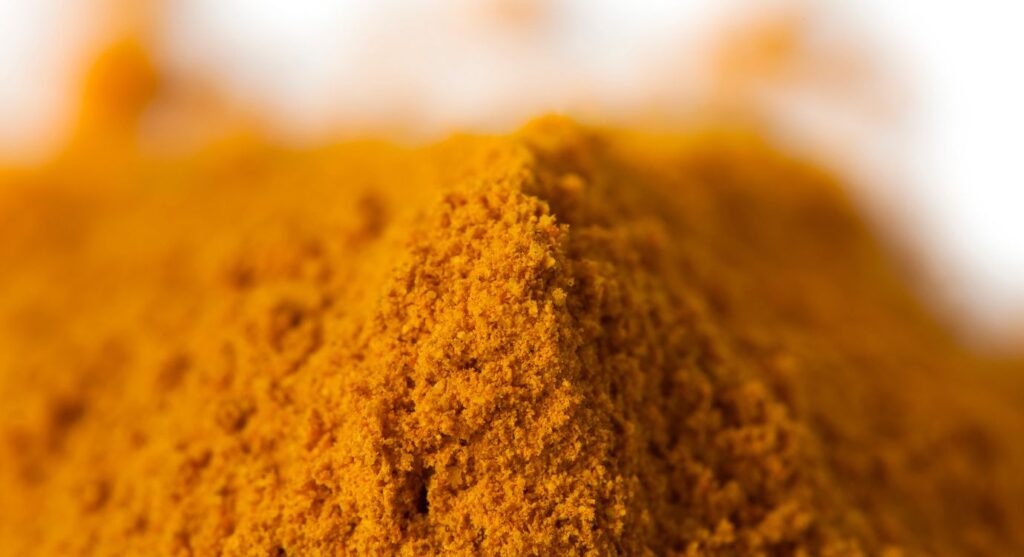Magnesium is an essential mineral. It plays a critical role in the human body, from helping to metabolise and produce cellular energy to assisting with maintaining normal muscle function.
Magnesium supplementation has also been shown to benefit multiple conditions, including fibromyalgia, chronic fatigue syndrome, and reducing the risk of strokes, heart failure and diabetes.
But when it comes to the type of magnesium supplements, there’s a confusing world out there.
Which magnesium supplement will work best for you? What to avoid and what to stock up on?
Here’s our complete guide to 12 types of magnesium supplements, the research behind them and their potential uses.
In this guide:
12 types of magnesium and their uses
1. Magnesium Aspartate
If you’re looking to buy magnesium for its therapeutic or healing properties, magnesium aspartate shouldn’t be on the top of your list.
Magnesium aspartate is a combination of magnesium and aspartic acid and is sometimes prescribed to correct low magnesium levels. However, too much aspartic acid can be neurotoxic in excess, and our bodies don’t tend to need more of it.
2. Magnesium Carbonate
Magnesium carbonate can be purchased and ingested in capsule form and may help correct magnesium deficiencies.
It’s not the most commonly prescribed magnesium supplement and may cause diarrhoea or stomach upset. We’d advise only consuming magnesium carbonate if you are specifically prescribed this form of magnesium by a medical professional.
3. Magnesium Chloride
Magnesium chloride (composed of magnesium and chloride!) has decent bioavailability and is easy to absorb due to being water-soluble.
Magnesium chloride has been shown to be beneficial for fibromyalgia symptoms. It’s also often used in magnesium flakes for bath soaks, which may aid relaxation and ease sore muscles and leg cramps.
Read more: Magnesium for muscle pain
Magnesium chloride is also a great antimicrobial treatment when used topically (applied directly onto the skin).
Magnesium applied topically can reach the bloodstream while bypassing the digestive system. So it can be a great option for those who struggle with gut issues and may struggle to absorb nutrients ingested orally.


4. Magnesium Citrate
Magnesium citrate is an ionic compound (a salt!) with positive magnesium ions and negative citrate ions.
It’s one of the most well-researched and multi-functional forms of magnesium.
We use magnesium citrate in our magnesium sleep powder because it offers many therapeutic benefits and easily dissolves in water. These two characteristics make it the perfect source of dietary magnesium that readily absorbs into the bloodstream.
Research also supports the efficacy of magnesium citrate in supporting heart health. One study examined magnesium citrate’s ability to reduce arterial stiffness in overweight and obese adults. Results indicated citrate may have some intriguing cardiovascular protective properties and could be used to help prevent arrhythmia.
Magnesium citrate is also an effective laxative. By causing the intestines to release water into the stool, magnesium citrate can help relieve constipation and improve digestive system regulation – but it is gentler than other magnesium compounds and many commercially available laxatives (which can often be harsh).
Magnesium citrate has also been shown to play a key role in bone creation. Fun fact – approximately 60% of the body’s total magnesium is stored in our bones.
5. Magnesium Glycinate
Magnesium glycinate is another form of magnesium that the body can easily absorb.
It’s also been associated with multiple therapeutic benefits, including supporting bone health and helping diabetes patients manage blood sugar levels.
Composed of magnesium and glycine, a relaxing amino acid, magnesium glycinate is thought to help calm anxiety and promote sleep.
One study also indicates magnesium glycinate may boost exercise performance – making the supplements a good choice for athletes and gym-goers.
Magnesium glycinate is also a good choice for women looking to relieve symptoms of PMS. Some scientists believe it may help normalise the actions of different hormones in the central nervous system.
Read more: Magnesium for menopause
6. Magnesium L-threonate
Magnesium L-threonate is often thought to be the most bioavailable form of magnesium. It’s remarkably efficient in crossing the blood-brain barrier and increasing magnesium ions in the brain.
As such, magnesium L-threonate is effective in supporting cognitive ability. Research into the potential of this compound for enhancing memory in people with dementia is also ongoing.
Our magnesium sleep powder combines magnesium L-threonate and magnesium citrate for this reason – both are easily absorbable and highly effective forms of magnesium.


7. Magnesium Lactate
When magnesium is bound to lactic acid, you get magnesium lactate.
The compound is at least twice as absorbable as magnesium oxide, and is generally an effective choice for increasing magnesium levels in the blood.
Magnesium lactate is also commonly used to treat symptoms of excess stomach acid, including indigestion and heartburn.
8. Magnesium Malate
Magnesium malate is a combination of magnesium and malic acid – which helps increase the bioavailability of magnesium.
As such, magnesium malate is highly absorbable by the body but may cause diarrhoea and stomach issues in some people.
It is commonly used to treat muscle pain and fibromyalgia.
Magnesium malate is also known to have energising properties – so it can be helpful for those with chronic fatigue syndrome, although best not taken at night.
9. Magnesium Oxide
Magnesium oxide is an inorganic salt. While high in elemental magnesium levels (the total amount of magnesium available in a supplement), magnesium oxide is not very bioavailable due to its low solubility rate.
As such, it’s not a recommended form of magnesium for supplementation purposes.
Quick chemistry fact: if water is added to magnesium oxide, it becomes magnesium hydroxide!
10. Magnesium Stearate
If you’re looking to correct a magnesium deficiency, magnesium stearate is not one of the forms of this mineral to reach for.
It’s not water-soluble and is used mainly as a coating agent for supplements. It’s also possible to have allergies to magnesium stearate.
11. Magnesium Sulfate
Combine magnesium, sulfate and oxide: the resulting compound in magnesium sulfate.
You’ll likely know this compound better as Epsom salt, which is often dissolved in bath water, as it’s thought to soothe sore muscles (although there’s little evidence that this actually works!)
While magnesium sulfate is also an effective laxative and may help ease constipation, other laxatives tend to be chosen over sulfate due to the compound’s unpleasant taste.


12. Magnesium Taurate
Magnesium taurate is formed when magnesium is bound to taurine, an amino acid. Taurine is known to be beneficial for easing stress – it increases the transmission of GABA, a calming neurotransmitter while reducing the production of cortisol, our stress hormone.
The compound has been shown to help increase circulation and is studied due to its potential to control blood sugar while counteracting some forms of insulin resistance.
Which magnesium is best?
As we’ve outlined, a magnesium preference will likely depend on why you want to take a magnesium supplement.
Magnesium glycate and magnesium L-threonate are both great options for counteracting a deficiency. Both these two compounds, as well as magnesium citrate and magnesium malate, all benefit from high levels of bioavailability.
If you’re looking to relieve stress, magnesium taurate is a good compound to try. Magnesium malate is thought to work well in the treatment of muscle pain and fibromyalgia and is also a good compound to try if you’re looking for an energy boost.
Magnesium citrate will be a good choice if you’re looking for an effective yet gentle laxative. For exercise performance, and relief from PMS symptoms, go for magnesium glycinate.
If you’d like to boost your magnesium levels without ingesting magnesium orally (if you have IBS or leaky gut, for instance), a topical magnesium chloride might be worth a try.
What type of magnesium should be avoided?
We’d advise you to avoid magnesium lactate, magnesium aspartate, magnesium stearate and magnesium oxide.
All of those compounds offer either a reduced bioavailability compared to other options or have a greater potential for side effects or allergic reactions.
Final words on different types of magnesium
While it’s fantastic that there are so many types of magnesium – all of which have individual properties and uses – it can be a little confusing to be confronted with 12 forms of the same mineral!
Always speak with a medical professional before introducing a magnesium supplement into your diet and wellness routine: they will be best placed to advise which type of magnesium might be right for you – and any you may want to avoid due to individual circumstances.
















































































































































